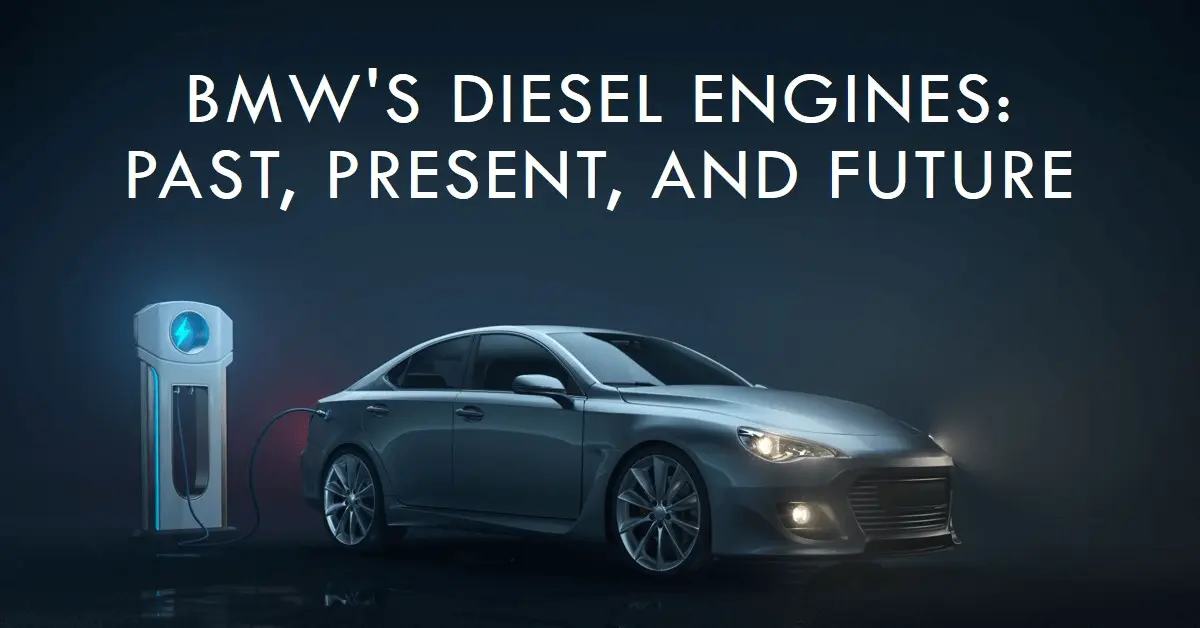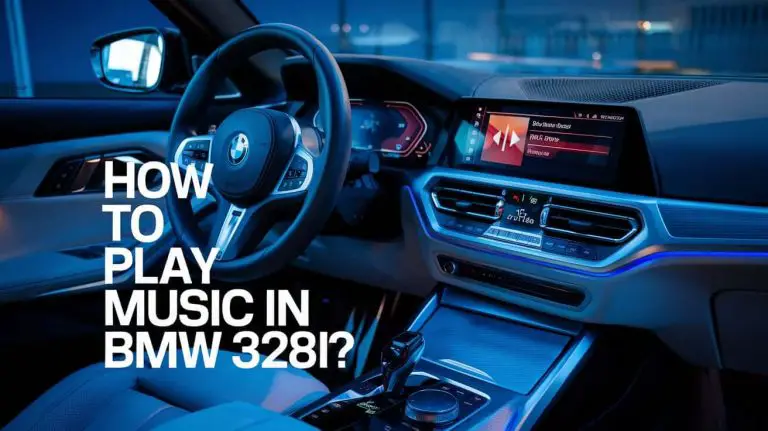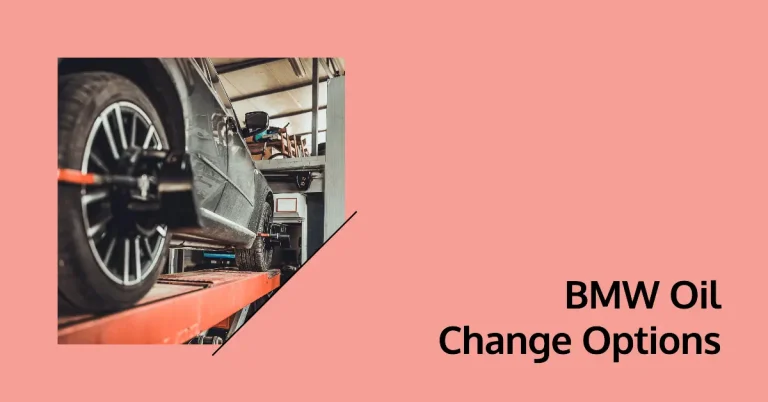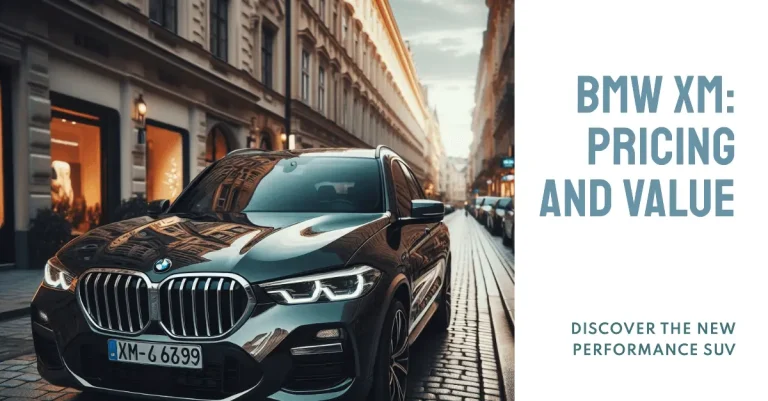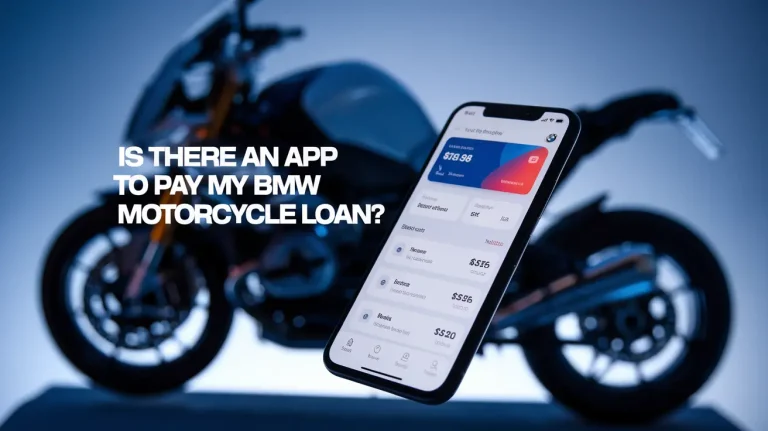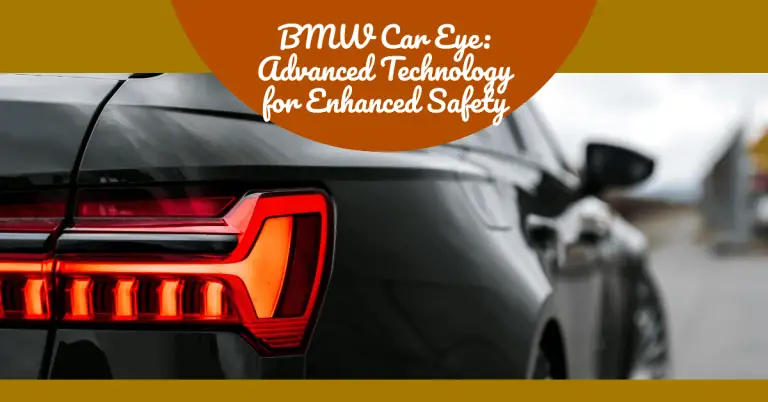Do BMW Take Diesel? Examining the Past, Present & Future
Diesel engines have long been praised for their efficiency, torque, and high-mileage durability. As fuel prices have fluctuated over the decades, automakers have tapped diesel power to balance performance and fuel economy in their vehicles. BMW is one such manufacturer that has implemented diesel technology across numerous models. But in recent years, their diesel lineup has seen cutbacks, especially in the US market.
So what’s the current status of BMW and diesel engines? Do BMW still offer diesel vehicles? What models feature diesel variants going forward? This article will analyze BMW’s history with diesel power, the current applications in their vehicle range, and what the future outlook may be.
A Brief History of Diesel Engines
Before examining BMW’s specific diesel timeline, it helps to understand the background of diesel engine technology in general.
The diesel engine was invented by German engineer Rudolf Diesel in the 1890s. Named after its creator, the diesel engine operates on a different principle than gasoline-powered versions. It relies on the heat of compressed air to ignite the fuel rather than using spark plugs.
Early on, diesel engines were primarily utilized in industrial, farming and shipping applications. Their efficiency and durability were well suited for heavy machinery and vehicles. By the 1930s, diesel power started making its way into passenger cars and light trucks as well.
Key advantages that made diesel popular include:
- Greater fuel efficiency – diesel fuel contains more energy per gallon than gasoline
- Increased torque and towing capability
- Enhanced durability and lifespan – some diesel engines last over 300,000 miles
- Lower maintenance costs overall
As automakers sought ways to improve mileage and reduce emissions, diesel emerged as an appealing option for certain vehicles. BMW was one of the companies that steadily incorporated diesel variants across their model lines.
BMW’s Use of Diesel Engines Over Time
BMW began producing diesel-powered cars in 1983. Early models with diesel options included the 3 Series, 5 Series and 7 Series. BMW continued expanding their selection of diesel engines over the following decades. By 1999, over two-thirds of the cars BMW sold in Europe had diesel power.
Unlike Europe, diesel passenger vehicles have not enjoyed the same popularity in the US historically. Stricter emissions regulations also restricted some diesel options in the American marketplace. But BMW still offered several diesel models to US buyers, including X5 SUVs and 5 Series sedans.
Recently however, consumer demand for diesels has decreased globally. Stringent emissions rules and testing have cast further uncertainty around diesel technology too. As a result, BMW has scaled back diesel offerings in many model lines:
- Several diesel options were dropped from the 1 Series, 3 Series, and 5 Series lineups
- The entire range of BMW diesel models were discontinued in the US as of the 2019 model year
- Availability reduced in other world markets as well
BMW still produces diesel variants of certain vehicles today, primarily in Europe. But the future applications appear more limited than the peak diesel years of the 1990s and 2000s.
BMW’s Current Diesel Lineup
Though BMW has curtailed diesel engines in many cars, they still offer diesel options on specific models sold overseas:
3 Series Diesels – the 320d and 330d remain the lone diesel options in the 3 Series family. The 320d provides a good blend of performance and fuel efficiency.
5 Series Diesels – diesel power is available on the 520d sedan and 530d xDrive touring wagon. These deliver trademark 5 Series handling with 4-cylinder diesel economy.
7 Series Diesels – the 730d and 740d luxury sedans cater to buyers looking for effortless diesel torque. Inside, passengers can enjoy the new 7 Series’ technology and comfort amenities.
X5 SUV Diesels – BMW’s popular midsize luxury SUV features several diesel powertrains, including the xDrive30d and M50d M Performance model. With potent straight-6 diesel engines, these balance SUV practicality with sports car-like thrust.
So while the selection is narrower, BMW still sees demand for diesel versions of key vehicle lines, especially in Europe. The global auto market will determine if BMW adds more diesel choices in the future.
Benefits of Choosing a BMW Diesel
Assuming one can obtain a BMW diesel model in your region, what are the pros that come with making this powerplant choice?
Fuel Efficiency – the fundamental advantage of BMW diesel engines is enhanced mileage over comparable gasoline engines. BMW diesels often achieve 20-30% better fuel economy in combined city/highway driving. For example, the 330d sedan rates 36 mpg combined per UK testing.
High Lifespan – with proper maintenance, many BMW diesels log over 300,000 miles. Some taxi and fleet vehicles accumulate over 500,000 miles on BMW diesel power. Their durability exceeds most gas engines.
Performance Torque – turbocharged BMW diesels produce ample low-end and mid-range torque. This trait gives effortless acceleration for merging and passing. Tow ratings are substantially higher as well versus gasoline versions.
In numerous driving scenarios, choosing the diesel can make daily operation more efficient and satisfying. The extra cost of the diesel engine may pay off over years of usage too.
Downsides of BMW Diesel Engines
However, as with any vehicle technology, diesel power has some drawbacks to consider:
Higher Upfront Cost – BMW typically charges a $2,000-$3,000 premium for the diesel option on a given model. This narrows the return-on-investment timetable to recoup the extra outlay. Shoppers should calculator fuel and cost scenarios to see if the diesel premium gets offset during their ownership period.
Expensive Repairs – while maintenance costs are generally lower, repairing diesel problems can run higher than gasoline engine issues. Fuel injectors, turbos, and exhaust treatment systems cost more on diesels. Out-of-warranty repairs especially should be factored into long-term budgets.
Diesel Fuel Availability – not all filling stations offer diesel, particularly outside metropolitan areas. Confirm sufficient diesel pumps operate along your common routes and travel paths. Nothing can strand a vehicle quicker than an empty fuel tank with no diesel source!
Emissions Concerns – diesels still produce higher particulate and NOx emissions than gasoline engines, despite treatment systems. Tightening environmental rules may tax diesel technology further in coming years. The emissions situation bears monitoring as a potential resale or regulatory risk.
Weighing the pros and cons allows buyers to make an informed choice when considering BMW diesel options in areas where they are sold.
Are Diesels Right For You?
Diesel engines have seen a rollercoaster ride of fame and controversy in the auto industry. Their efficiency and longevity cater to certain patrons, while emissions and cost factors deter others. So how do potential buyers evaluate if a BMW diesel model fits their needs?
Here are key questions to ask when deciding between gasoline and diesel power:
What Are Your Annual Driving Distances? – diesels achieve maximum MPG benefits from highway miles. City-centric drivers may find the efficiency advantage reduced. Analyze your yearly mileage and usage to determine if diesel or gasoline aligns better.
How Long Will You Keep The Vehicle? – depending on the model, the diesel premium may take 4-6 years to recapture via fuel savings. If planning shorter ownership, the higher diesel sticker price carries more weight.
How Important is Engine Longevity? – diesels will likely outlast gas engines in total lifespan. Those focused on attaining very high mileage will benefit from a diesel’s durability.
What Performance Traits Do You Prioritize? – diesel torque provides stronger acceleration and trailering ability. Gas engines offer higher maximum RPM and top speed potential. Align preferences to the characteristic better suited.
Carefully weighing driving habits, cost trade-offs, and intended ownership length simplifies the diesel versus gas selection process.
The Future of Diesel at BMW
As consumer sentiment and environmental policies evolve, what is the long-term outlook for diesel engines at BMW?
BMW remains committed to diesel technology for the European market, where it still commands decent demand. Additional regions monitor customer preferences to gauge viability of releasing new diesel models locally.
But most industry forecasts suggest diesel sales will decline as electric and hybrid vehicles grab more market share. The auto landscape 10-15 years from now will likely see BMW transition more models to full electric or hybrid powertrains. Gasoline engines also endure as the default choice for many drivers.
BMW will keep sharpening diesel fuel delivery, turbocharging, and emissions treatment to extract further gains. Yet whether diesels comprise a shrinking niche or rebound in popularity, BMW has the engineering prowess to adjust their portfolio accordingly.
The coming decade promises a fascinating shift as BMW balances its various powertrain options. Drivers have much to gain from the technology race towards greater vehicle efficiency.
Summary – Do BMW Take Diesel Engines?
In the end, has BMW kept diesel faith amidst recent industry turbulence? The answer is a qualified yes:
- BMW embraced diesel vehicles early on starting in the 1980s
- Diesel options expanded across model lines through the 1990s and 2000s
- Curbing emissions and falling diesel demand has now reduced model diversity
- But BMW still sees viability in select vehicle segments and markets
- Future tighter emissions may squeeze diesel further as electrics rise
So while the heyday has passed, hand-picked diesel options endure in BMW’s overseas product mix. Discerning drivers can still reap the torque, efficiency and longevity benefits that BMW diesel engines offer.
Whether diesel soldiers on as a niche player or orchestrates an unlikely comeback, expect BMW to remain a leader in extracting maximum capability from compression ignition engines.

